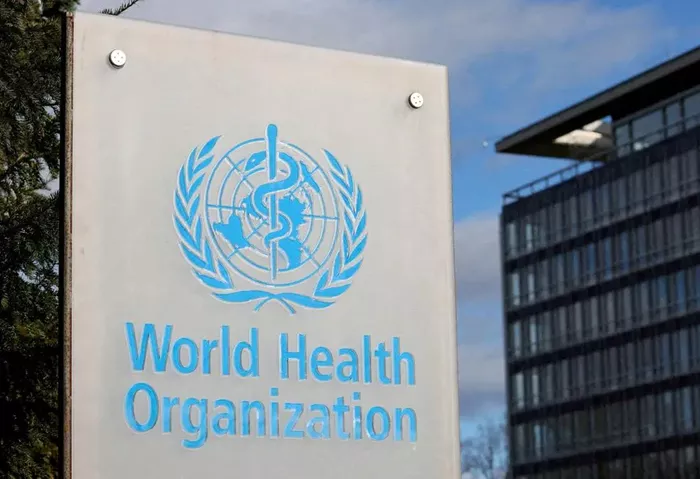India’s Ministry of Ayush has signed a landmark agreement with the World Health Organization (WHO) to promote traditional medicine globally. The deal marks the start of a dedicated Traditional Medicine module under the WHO’s International Classification of Health Interventions (ICHI).
Announced on May 24, the agreement was highlighted by Prime Minister Narendra Modi during his Mann Ki Baat address. Modi called it a significant step to bring Ayurveda and other traditional systems like Yoga, Siddha, and Unani to a wider global audience in a scientific and standardized way.
The ICHI works alongside WHO’s International Classification of Diseases (ICD-11) to record treatments and health interventions. With the new module, therapies such as Panchakarma, Yoga therapy, and Unani regimens will gain global recognition under standardized terms.
This development is expected to improve transparency in billing and pricing for Ayush treatments. It will also help integrate these therapies into health insurance plans and improve hospital management, clinical documentation, and research.
Most importantly, the initiative aims to make Ayush treatments more accessible worldwide, supporting India’s goal to bring its traditional medical wisdom into mainstream global healthcare.
WHO Director-General Dr. Tedros Adhanom Ghebreyesus welcomed the agreement, noting India’s \$3 million contribution to WHO’s traditional medicine work and praising the country’s commitment to universal health coverage.
The combination of ICD-11 for diseases and the new ICHI module for interventions will help position Ayush as an evidence-based and policy-supported part of healthcare systems globally. This move is more than a coding update; it is a transformative step toward affordable and trusted healthcare using India’s traditional medicine systems.
Related Topics:
Longtime Favorite Soda Drops In Us Best Selling Rankings


